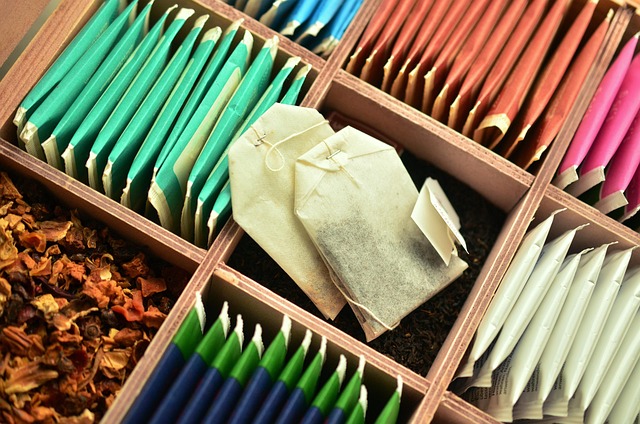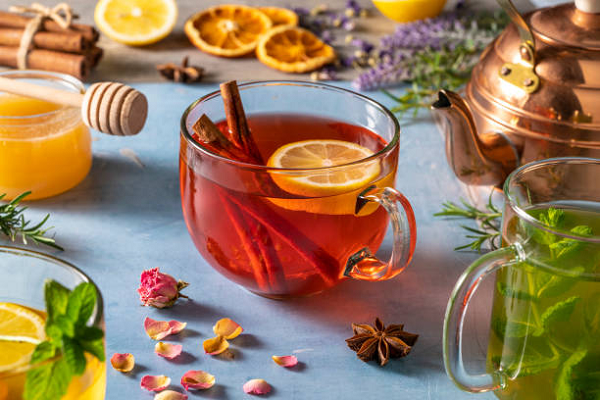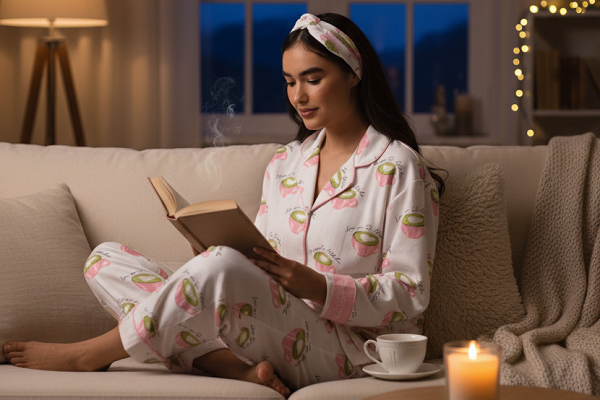There’s a shift that happens when the day starts to wind down. The light changes. The noise drops. You change into pajamas—not the polished kind, just the ones that feel right. That’s usually when tea starts to sound good.
Evening tea time isn’t a ritual you have to perform. It’s just a quiet habit that helps your body understand it’s okay to stop. Herbal teas are especially good at this. They’re caffeine-free, gentle, and often come with benefits that go beyond the moment. You don’t need to know the science to feel the difference, but it’s there.

Chamomile is probably the most familiar. It’s known for calming the nervous system and easing tension. If your thoughts tend to race at night or your body feels tight, chamomile helps soften the edges. It’s not dramatic. It just works.
Peppermint is clean and cooling. It’s great for digestion, especially after dinner, and can help relax muscles. If you’re feeling heavy or unsettled, peppermint clears space without waking you up. It’s also good for headaches and general overstimulation.
Lemon balm is subtle but effective. It’s often used to reduce anxiety and support sleep. The flavor is light, slightly citrusy, and pairs well with quiet. It’s a good choice for nights when your mind won’t quite let go, but you don’t want anything too strong.
Rooibos is naturally sweet and caffeine-free. It’s full of antioxidants and has a rich, earthy flavor. If you want something that feels like a treat but won’t interfere with sleep, rooibos is a solid option. It’s also gentle on the stomach and good for hydration.
Tulsi, also called holy basil, is an adaptogen. That means it helps your body regulate stress. The taste is herbal and slightly spicy. It’s grounding, especially on days when you feel scattered or overstimulated. Tulsi doesn’t sedate—it steadies.
Lavender is more than a scent. As a tea, it’s floral and a little bitter, but it’s known to calm the nervous system and promote sleep. Add honey if you want to soften it. It’s best for nights when you need to feel held.

You can also build on these teas with simple add-ins. A spoonful of honey adds more than sweetness—it brings trace antioxidants and can soothe a dry throat. A cinnamon stick adds warmth and a subtle blood sugar benefit. Lemon slices offer vitamin C and a clean finish. Even a splash of oat milk or almond milk can round things out if you want something creamier. These aren’t necessary, but they’re easy ways to adjust flavor and add a little nutritional support without turning tea into a project.
Evening tea doesn’t need to be a ritual. It just needs to be there when you’re ready. Whether you’re standing barefoot in the kitchen or curled up on the couch, steeping something warm is a way to say, I’m done for today. And if you’re already in pajamas, even better. That’s the signal. You’re home. You’re allowed to rest.


